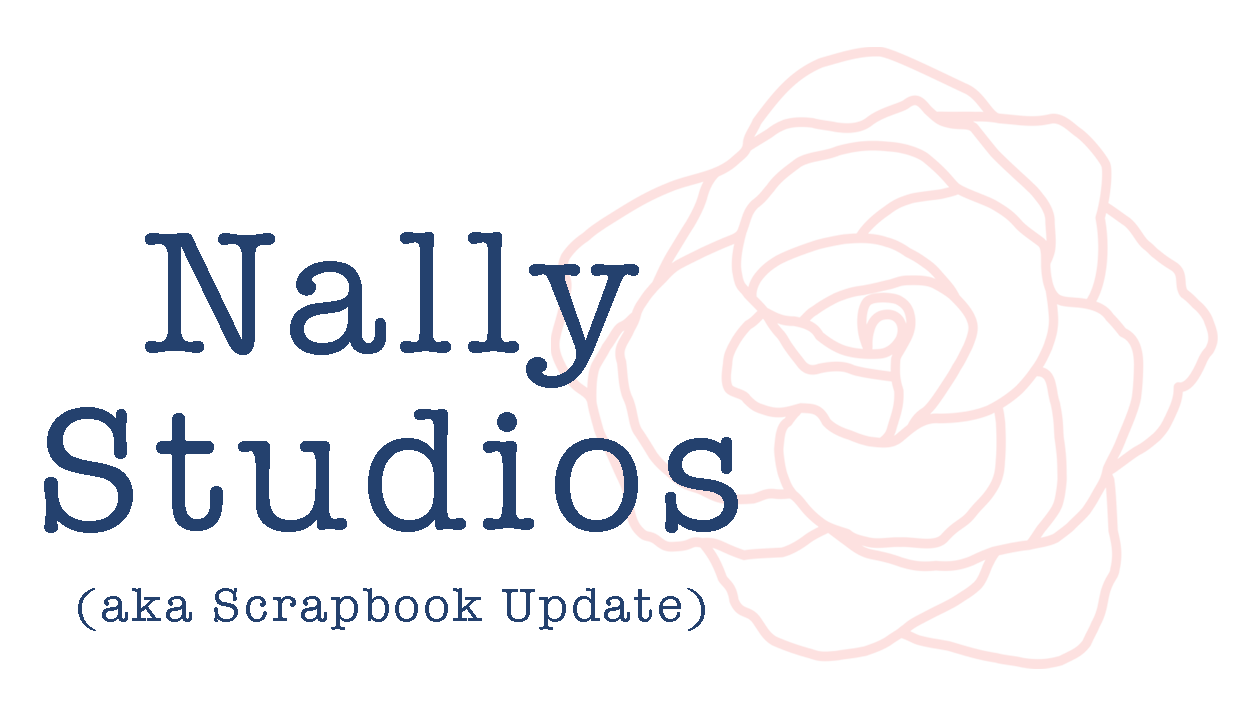Jo-Ann's Ignites Social Firestorm with Anti-Tariff Advocacy
Jo-Ann Stores launched a political advocacy program last week to oppose new tariffs on product imports from overseas. The result, predictable with anything remotely political these days, was an avalanche of vitriol.
Jo-Ann Made in America Tax
The advocacy program poorly framed the tariffs as a "Made in America tax" in an attempt to stress that the tariffs will make items handmade by American crafters more expensive. (The goal of the campaign is to get crafters to contact their Representatives and Senators via the site linked above.) This high concept slogan fell loudly flat with its intended audience, it seems. Some were just confused by the campaign, seeming to think Jo-Ann's was claiming that the tariffs applied to American products. Other recipients of the campaign's email and social posts expressed that they found the wording deceptive.
Many of the outraged commenters on Jo-Ann's post on Facebook have vowed to boycott the company in the future for engaging in politics. The most popular alternative boycotters are promising to seek out by far is Hobby Lobby, a good indication that the outrage is more about about the specific position that Jo-Ann's is taking (opposing a policy of President Trump) than that they are engaging in politics in general. Based on the previous experience of Hobby Lobby, Starbucks, and Target - all of whom are thriving after similar consumer boycott threats - Jo-Ann probably doesn't have much to worry about.
Jo-Ann Stores isn't the only major craft retailer who has spoken out against the tariffs. Back in March, when the tariffs were initially proposed, Michaels Companies joined Jo-Ann Stores (and 24 other retailers) in signing a public letter opposing the tariffs that was organized by the Retail Industry Leaders Association.
So why would Jo-Ann Stores (and Michaels in a smaller way) voluntarily venture into a political issue that they had to know would cause backlash? The fact, basically, that they were willing to wade into this mire at all is telling of just how serious they believe the China tariffs are for their business. (And this assessment can be extrapolated to virtually all other craft businesses as well.)
What has Joann's sounding the alarm? As of last Friday (the 24th), a 25% tariff (import tax) now applies to all virtually all craft category products that are imported from China. Jo-Ann's is highlighting the following items from the tariff list in its campaign:
Candle Holders (9405.50.40)
Cookie Cutters (8205.51.30)
Faux Fur (6001.10.20)
Feather Craft and Décor Articles (6701.00.30)
Fleece (6001.22.00)
Glass Beads (7018.10.50)
Glue (3506.10.50)
Knit Fabric (6005.37.00, 6004.10.00, 6006.44.00)
Magnifying Glasses (9013.80.20)
Metal Beads (8308.90.30, 8308.10.00)
Paper Cutting Machines (8441.10.00)
Paper Products (4823.90.67, 4823.90.86)
Twig/Vine Baskets (4602.19.18)
Velour and Similar Fabrics (6001.92.00)
Vine Wreaths and Décor (4602.19.60)
Washi and other Paper Tape (4811.41.21)
Woven Cotton Fabric (5208.52.30, 5208.32.30, 5208.52.40, 5208.32,40, 5208.12.60, 5208.22.60, 5806.20.00),
Woven Manmade Fabric (Poly, Nylon, etc) (5407.61.99, 5513.21.00)
Yarn (5606.00.00, 5511.10.00)
A close examination of the tariff list also shows more items like clay, paints, stamping foils, inks, drawing ink, film, paper, metals, buttons, glue, and sewing machines that are likely to either directly or indirectly raise prices on craft products.
Products that are manufactured in the United States won't be safe from tariff price increases, either. With items such as chalk, mica, wax, dyes, coloring matter, pigments, printing ink, inks, natural rubber, synthetic rubber, paper, metal, and printing plates and many wood items also on the tariff list, many American craft product manufacturers will find themselves paying higher prices for the raw materials used to produce even their U.S.-made products.
Jill Soltau, CEO of Jo-Ann Stores, told Fox Business last week that two-thirds of the products the company sells are sourced from China, and that no alternatives are available outside China that can meet their quantity and quality specifications. She said Jo-Ann Stores expects that consumers will see a 25% price increase on most products as a result of the tariffs.
The new tariffs are of concern in several ways for the financial health of the crafts industry. Sudden significant price increases may lead some consumers to opt out of the industry altogether due to a decrease in the perceived value they are receiving. Other consumers may find their discretionary hobby spending involuntarily limited by budget constraints caused by tariff-related price increases on non-discretionary household spending. Consumers who remain active in the industry will find their dollar not going as far - the same dollars buying fewer SKU units. Since wholesale and production prices for most items are based on volume ordered by the company, fewer SKUs being turned over could lead to increased wholesale prices - thus leading to even more consumer price increases and a vicious circle of inflation.
One of the Trump administration's stated motivations for putting the tariffs in place is due to Chinese companies' violation of U.S. intellectual property. This has been a major problem for U.S. craft companies on platforms like Alibaba, where blatant copies of popular stamp manufacturers' designs are sold to U.S. consumers with barely any recourse for the companies. Stampin' Up! made an attempt to file a copyright infringement suit against Alibaba Hong Kong Ltd in U.S. District Court in Utah in April, but then withdrew the suit for unknown reasons six weeks later before Alibaba even filed a response.
Will the cure (tariffs) be worse than the disease (copyright infringement) for the crafts industry? Only time will tell.

